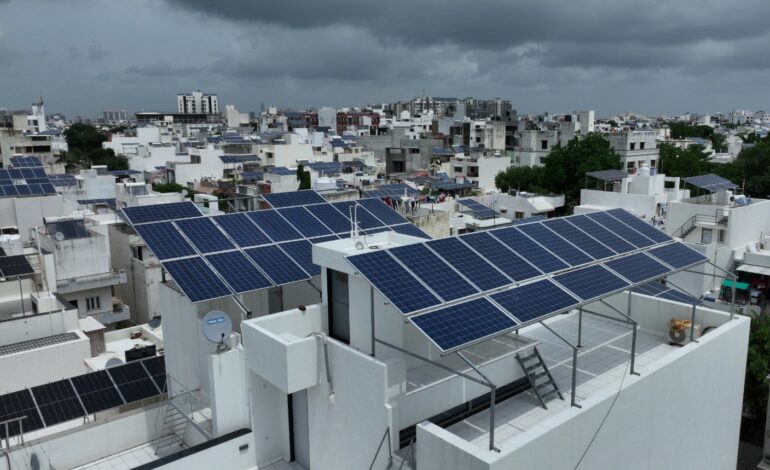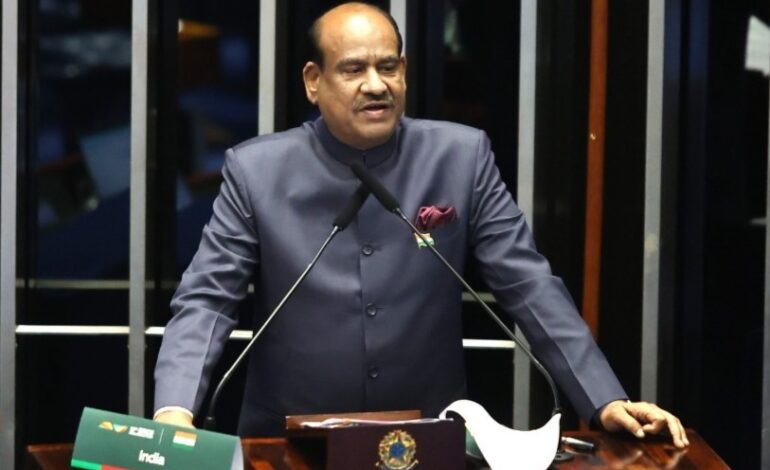GST on Renewable Energy Devices Cut to 5%, Boosting Clean Energy Access and Domestic Manufacturing

Households installing rooftop solar under the PM Surya Ghar: Muft Bijli Yojana will save between ₹9,000–10,500 on a 3 kW system, making solar adoption more affordable.
New Delhi, September 18: In a landmark decision aimed at accelerating India’s clean energy transition, the GST Council has reduced GST on renewable energy devices from 12% to 5%, a move expected to lower project costs, cut electricity tariffs, and create up to 7 lakh green jobs over the next decade.
The reform, effective from September 22, was approved at the Council’s 56th meeting earlier this month. It is set to benefit households, farmers, industries, and developers alike by rationalising tax rates across the renewable energy value chain.
Major Savings for Consumers and Farmers
Households installing rooftop solar under the PM Surya Ghar: Muft Bijli Yojana will save between ₹9,000–10,500 on a 3 kW system, making solar adoption more affordable. Farmers under the PM-KUSUM scheme will see the cost of a 5 HP solar pump drop by nearly ₹17,500, translating to collective savings of ₹1,750 crore on 10 lakh pumps.
Impact on Projects and Tariffs
For utility-scale projects, the capital cost of solar plants — typically ₹3.5–4 crore per MW — will fall by ₹20–25 lakh per MW. At the scale of a 500 MW solar park, that amounts to savings of over ₹100 crore, improving tariff competitiveness and potentially reducing DISCOMs’ power procurement costs by ₹2,000–3,000 crore annually.
Boost for Domestic Manufacturing
The GST cut is expected to lower module and component costs by 3–4%, making Indian-made equipment more competitive under Make in India and Aatmanirbhar Bharat. With India targeting 100 GW of solar manufacturing capacity by 2030, the reform could spur fresh investment and support 5–7 lakh direct and indirect jobs.
Climate and Investment Gains
India aims to add 300 GW of renewable capacity by 2030, and the GST reform is projected to unlock ₹1–1.5 lakh crore in investment capacity through lower costs. Faster deployment could also help avoid an additional 50–70 million tonnes of CO₂ emissions annually by 2030, bolstering India’s climate commitments under the Paris Agreement.
Officials said the measure underscores the government’s vision of making GST a “Good and Simple Tax” while ensuring that clean, affordable, and sustainable energy becomes the foundation of India’s journey towards Viksit Bharat.








